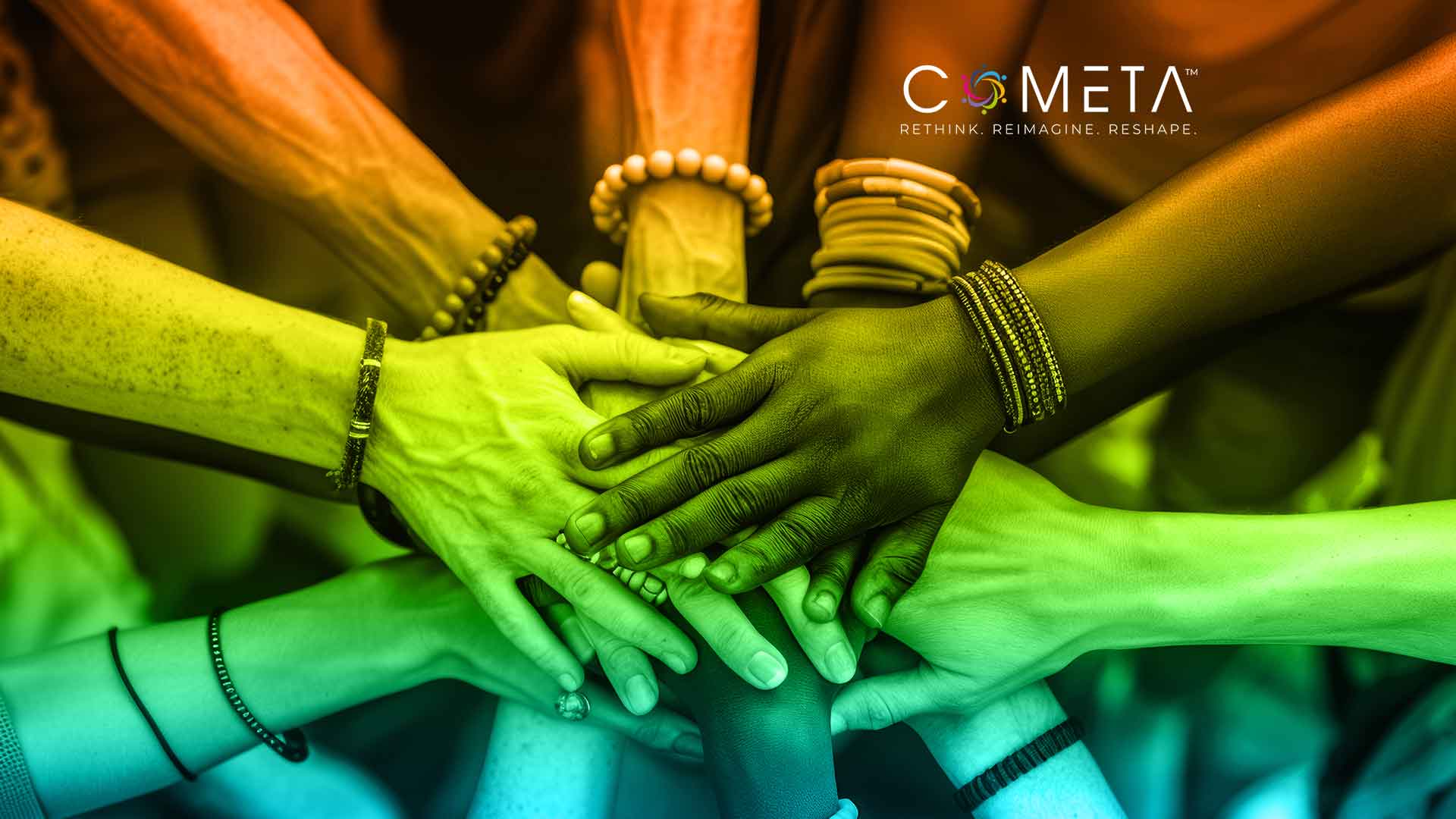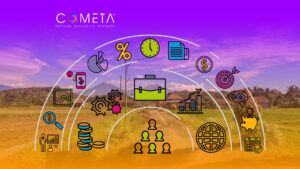Civil society organizations promote social justice through the protection of human rights. Consequently, they are often questioned about issues of diversity, equity, and inclusion in their work outside the organization and how they incorporate and implement these values within their organization.
Why should civil society organizations have internal discussions about these values?
Since civil society organizations play a crucial role in the fight against discrimination and inequality, they seek to ensure that their institutional reality reflects the rights they promote. This has prompted many organizations to discuss internally what these values and perspectives mean and to analyze whether their organizational practices align.
The benefits of talking about diversity, equity and inclusion in the work as part of the internal strategic vision
When discussing a strategic vision, the reflections can help propose changes internally. However, addressing these issues internally allows organizations to reflect on how the same practices they want to change are reproduced externally.
These discussions might prove that matching abstract values with everyday practices is difficult. To prevent these dialogues on diversity, equity, and inclusion from remaining at a theoretical level, we recommend that you draft concrete proposals on institutional practices. We also recommend that the organization’s management support these spaces for discussion.
Diversity, equity and inclusion and the external strategy of civil society organizations
In addition to analyzing what these values mean and how they are implemented internally, discussions about diversity, equity, and inclusion can focus on refining the strategies the organizations use to collaborate with other groups and communities. Many civil society organizations work with historically excluded and marginalized communities. Suppose they work with these communities and do not have this discussion in-house. In that case, the strategies may be insufficient because they do not establish equitable and non-extractive relationships with partners. It is essential to ensure that you have the vision of the groups or communities with whom you collaborate, as this allows you to be actively involved and include their perspective in your work.
Knowing and understanding diverse groups and individuals and listening to and including their voices are essential for real social change. This should start from within civil society organizations themselves, who are often the leading supporters of inclusion and social justice. That is why, in COMETA, we invite you to make room for internal dialogue on collective reflections and changes in institutional practices. This will help your organization’s teams work in a safe place and adopt practices that will allow you to enrich processes with groups or communities you already work with.





